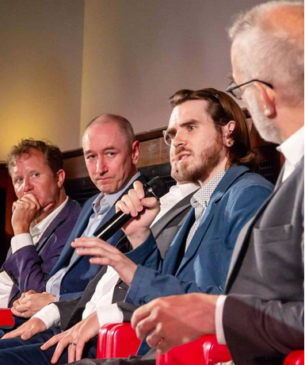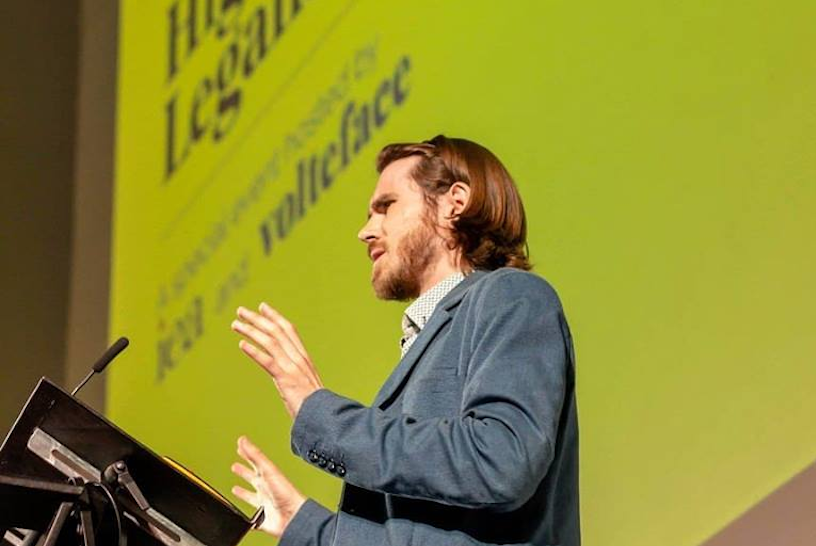At the end of June UKCSC chairman Greg de Hoedt was invited to speak at an Institute of Economic Affairs conference High Time To Legalise Cannabis in the UK. Greg spoke about his Crohn’s disease, how UKCSC started, and why the right to grow your own is essential to the legalisation movement. The video and full transcript of the speech are below:
“In 2010 I was diagnosed with Crohn’s disease. For those of you who don’t know who Crohn’s disease is, my immune system attacks my digestive system and literally tries to kill me. There’s nothing you can do to stop it other than taking quite strong drugs like chemotherapy treatments. For me, I’ve found that cannabis works best. In 2011 I was given two-to-five years left to live, even with the treatment options and the surgery. I defied the medical advice and went to the US. I received medical marijuana oil in Denver, Colorado, California, Oregon and Washington, where people have the right to grow their own medicine and they can share it, they have dispensaries. Within a few weeks I was climbing mountains, going on hikes.
“I spent a good six months in the US with safe access to this cannabis medicine. But I returned to the UK not really knowing what my healthcare options were. Because of that I teamed up with people who were in my situation to try to create a social movement that could help push for social change and a difference in the cannabis laws in the UK.
“A lot of us are patients, but a lot of us rely on people who grow cannabis recreationally – because they do a hell of a good job at it – for our medicine. So what we’ve done is to create a network. We’ve got 160 clubs around the country. They’re all local venues where they meet up, perhaps once or three time a week, perhaps once a month. And they’re a community of people who share cannabis products and knowledge, they’re a first point of contact for people who use cannabis or want information about it.

Pictures: Darren Rigby
“Sometimes people have problematic experiences with cannabis and there’s not many people they can go to to get a greater understanding of it. The internet isn’t the greatest help, doctors often just tell people they are addicted to skunk and have a mental health problem, which for a lot of people isn’t a satisfactory answer.
“So they’ve come to the clubs. We inform them about the different types of cannabis: you’ve got indicas and sativas; some of them make you feel more awake, some more sleepy; we have THC strains and CBD strains, and balances of them. Giving people this opportunity to see what these products are and use them in a safe environment with someone who understands what they are, we’ve seen a massive change in how cannabis is respected and treated in this country. It’s not such a scary concept for people when they understand what it is that people like us are doing.
“Now we’ve got to the stage where we have 160 clubs, the members of the clubs are growing for each other and for themselves, we need cannabis to be decriminalised. The right to grow is really important to patients, it’s part of their healthcare and it’s a form therapy for them in itself, looking after their own health and having control of that is really important.
“A lot of the time we are educating doctors about cannabis and helping them gain a greater understanding about it.
“Without the patient perspective and taking into consideration the people who have kept this industry and movement alive for the past 40 years to the point where now business are looking to get involved… the cannabis social clubs need to be part of the conversation, because we understand how the market actually works right now.”





Comments (2)